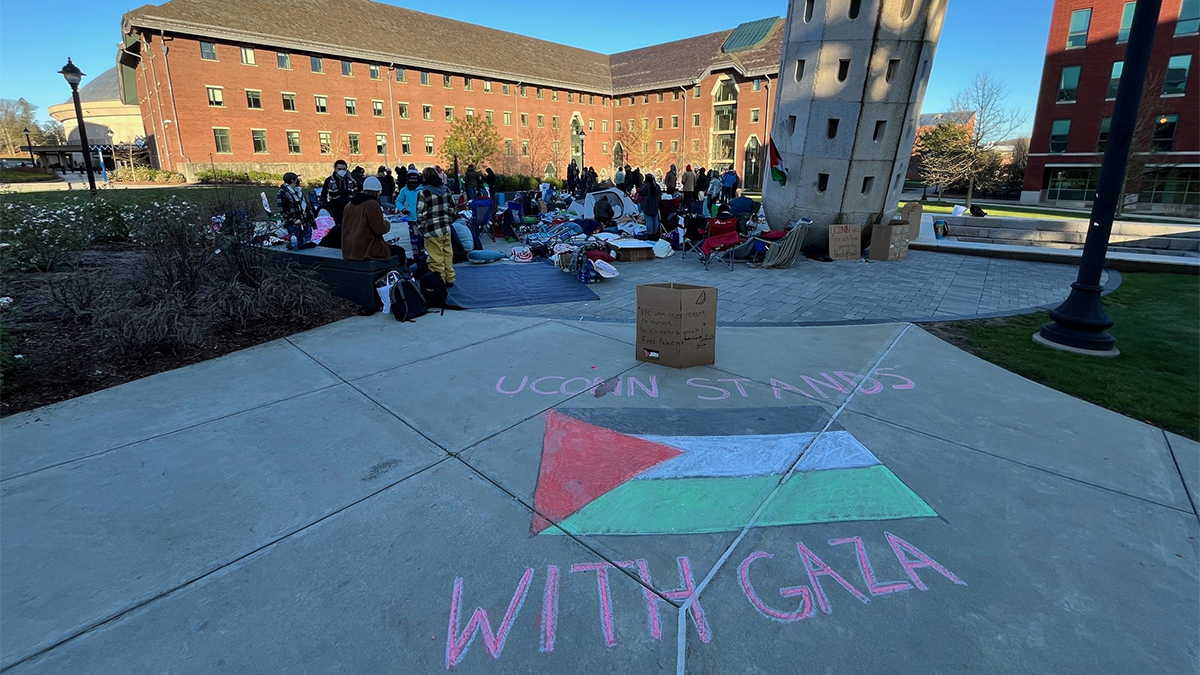A check of Airbnb’s website shows there are more than 300 possible rental spaces in New Haven.
“In all fairness, there are people who are looking for a different experience then staying in a hotel, they want to stay in someone’s home,” said Barbara Malmberg with the Connecticut Lodging Association.
As short term rental sites become more popular, Malmberg points out users are on an uneven playing field with traditional hotels and bed and breakfast businesses.
“The guest that are staying at hotels and B&Bs are paying the 15 percent occupancy tax whereas those who are staying at a home share location are not,” she said, adding the association is concerned with “super hosts” who buy properties simply to rent them out year round on sites like Airbnb.
NBC Connecticut learned the State Department of Revenue Services is negotiating with Airbnb about entering an agreement to collected a lodging tax from Connecticut customers.
“The full details of the agreement will be made available once it is finalized,” Statement of Department of Revenue Services Commissioner Kevin Sullivan said.
Malmberg said that is “absolutely” one of the ways to level the playing field.
Local
With the highest lodging tax rate of any state in the country, Connecticut collected $116 million in 2015. Malmberg said additional tax revenue from Airbnb users would benefit both competition in the hospitality industry and a state trying to fix a massive budget deficit.
“Depending on the volume of people using the short term online rentals, that could help resolve some of our budget issues, being able to draw that additional income in,” Malmberg said.
Members of the American Hotel and Lodging Association are headed to Washington, D.C. this week to lobby lawmaker sabout ensuring fair competition with short term rental platforms like Airbnb.



